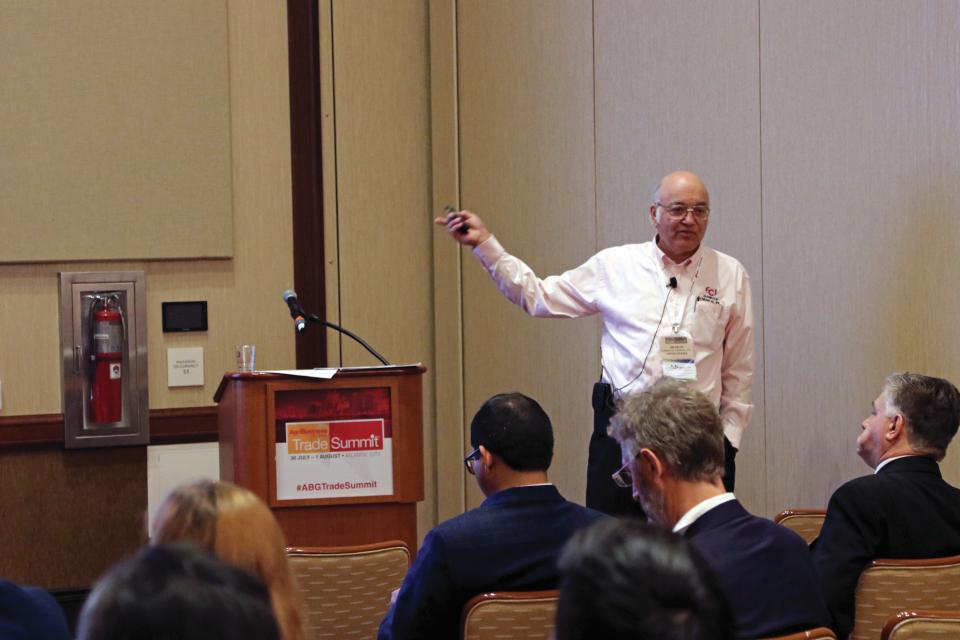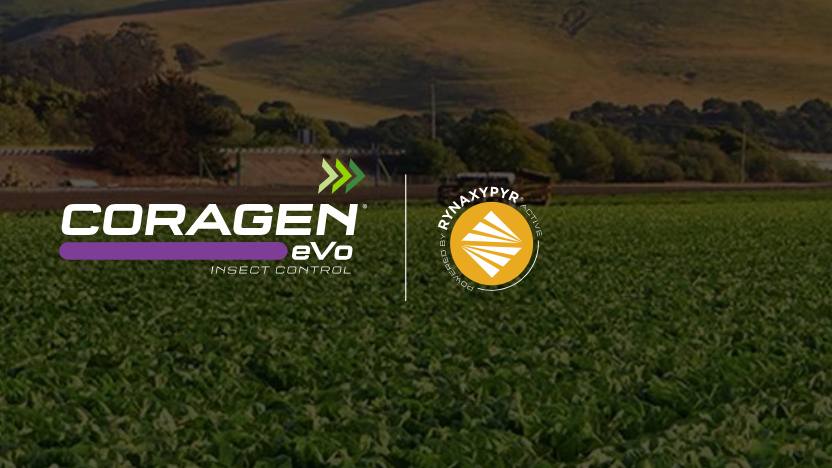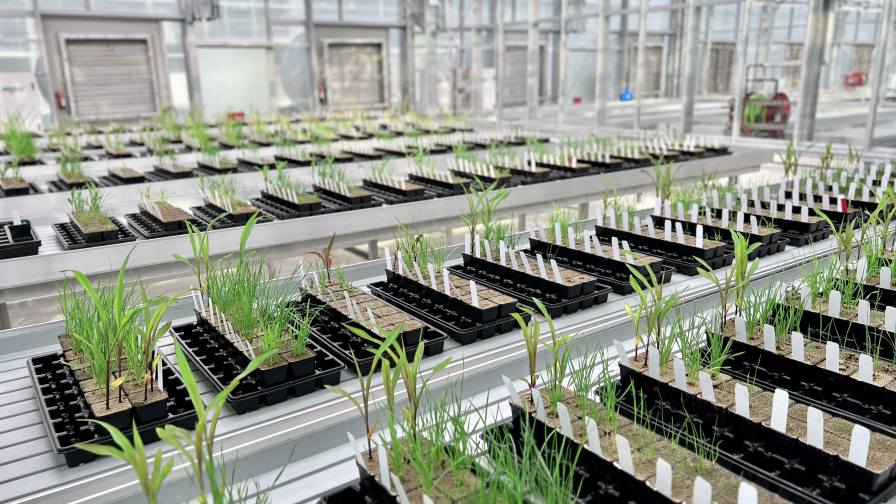U.S. Revokes India’s GSP Status — So, Now What?
U.S. President Trump revoked the U.S. Generalized System of Preferences program, the trade deal better known as GSP that had been allowing tariff-free imports of up to $5.6 billion a year from India, as of June 5.
The move impacts well over a dozen active ingredients, including 2,4-D and other phenoxy herbicides, chlorpyrifos, and propiconazole.
“I think it is significant, and frankly it would be more significant if not for the concurrent fight with China,” says Jim DeLisi, Chief of Fanwood Chemical. In the short term, the cost of imports from India on many products has been increased by 5% to 6.5%.
In addition, DeLisi makes the following points:
- Because India’s per-capita income is below the GSP limit, it could apply for re-instatement. This process would likely take a couple of years.
- Ongoing negotiations are an attempt to avoid a “301 action similar to China,” although nobody believes it could lead to the kind of extensive retaliation that has occurred with China.
- There were a variety of active ingredients (AIs) in which imports from India were duty-free — including 2,4-D, dicamba, and glufosinate. In all of these instances, and many more, they are now paying the same duties as everyone else (except for China).
- In the case of formulated products, many were GSP duty-free (aromatic or inorganic active ingredients).
- You can expect that agrichemical firms will again be filing for temporary duty suspensions/reductions in October/November of this year. In these instances, the amount of the reduction is based on a calculation of lost revenue to the U.S. Treasury of a maximum of $500,000/product. When India imports were duty-free, there was not an impact on the revenue loss calculation — now there will be.
- Because of the issues with China, India was thought to be a relatively safe “refuge,” with extensive chemistries already being practiced. That illusion is gone, so companies are forced to look at other low-cost countries, such as Mexico.







